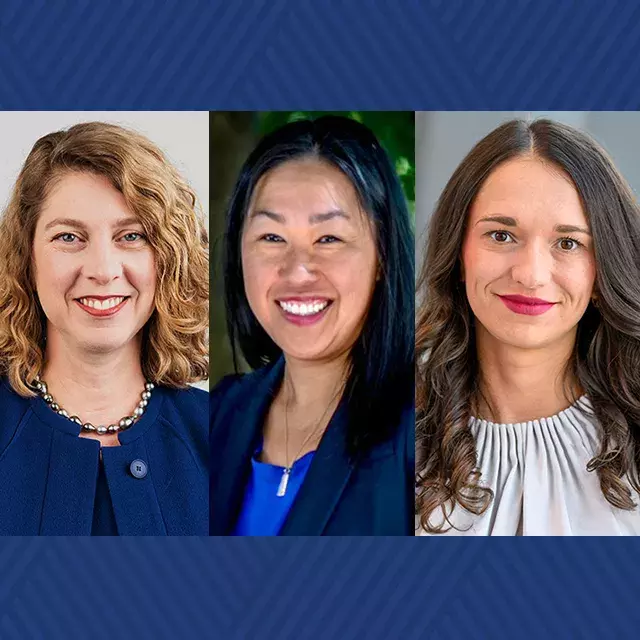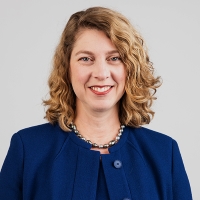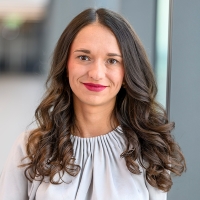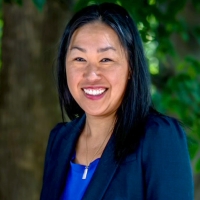The impressive list of awards and publications that follow these new faculty members is certainly noteworthy. So are the things that motivate them. Meet three of our eleven new faculty.

New faculty at Carey Business School
Johns Hopkins Carey Business School’s new faculty for the 2023-24 academic year come from all around the world and bring with them not only expertise in their fields but also their unique backgrounds. The impressive list of awards and publications that follow these new faculty members is certainly noteworthy. So are the things that motivate them. Meet three of our eleven new faculty.

Melinda J.B. Buntin (Bloomberg Distinguished Professor, Economics) joins Carey Business School with an impressive background in health policy leadership roles. Buntin will be part of the University’s Knowledge to Action and the Business of Health Bloomberg Distinguished Professor Cluster, and aims to inform health policy through a newly established health systems and policy modeling center. This center will extend Buntin’s body of work in building bridges between health care policy and public health by providing insights to the health care sector, businesses, and policymakers on improving health care delivery and outcomes.
Q: What excites you about being at Carey Business School?
A: The people!
Q: What’s your best piece of advice for graduate students?
A: Make sure you are asking a research question you can’t wait to answer.

Tetiana Davydiuk (Assistant Professor, Finance) worked at the Tepper School of Business of Carnegie Mellon University prior to joining Carey. Her research interests lie broadly in the areas of financial intermediation, asset pricing, and macro-finance. She is especially focused on how firms access financing throughout their lifecycles, and how disruptions to access can impact economic growth and support for entrepreneurship. Davydiuk completed her PhD at the Wharton School and holds a master's in finance and economics from CEMFI. She has been awarded a research grant from the National Science Foundation.
Q: What’s your best piece of advice for graduate students?
A: Always be curious and open to feedback, as it will allow you to grow as a researcher.
Q: Do you have a favorite quote or saying? What do you like about it?
A: “Life is a journey, not a destination.” This quote constantly reminds me to appreciate every moment of my life and the pleasures it brings.
I'm excited to be at Carey because of the stimulating research environment, a friendly and supportive faculty group, flexibility in research topics, and the school’s dedication to ethics and social responsibility.
Tetiana Davydiuk

Jennifer Bagdasarian (Postdoctoral fellow, CDHAI) has conducted extensive research on the intersection of health care, artificial intelligence, and organizations. She is a strong advocate for historically marginalized populations and has focused much of her previous research on the stigmatized category of Substance Abuse Disorder (SUD) patients. Prior to earning her doctorate, Bagdasarian was a corporate training manager in the pharmaceutical industry and conducted clinical research at Mount Sinai Hospital and Bellevue Hospital of NYU.
Q: What inspired you to pursue this field?
A: I’ve always been passionate about healthcare and interested in innovative approaches to improve patient care. During my doctorate, I came across Eric Topol’s book Deep Medicine, and was motivated to study AI through an institutional lens.
Q: Do you have a favorite quote or saying? What do you like about it?
A: “Develop success from failures. Discouragement and failure are the surest steppingstones to success”- Dale Carnegie. When I think about some of my biggest personal or career “failures” or “disappointments,” I realize that they are usually followed by an intense motivation or drive to implement changes.
I think this is such an exciting (albeit scary) time for the profession of medicine and if AI is deployed responsibly, it has the potential to transform health care and the way medicine is practiced.
Jennifer Bagdasarian